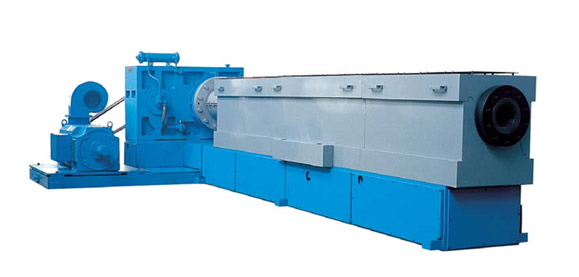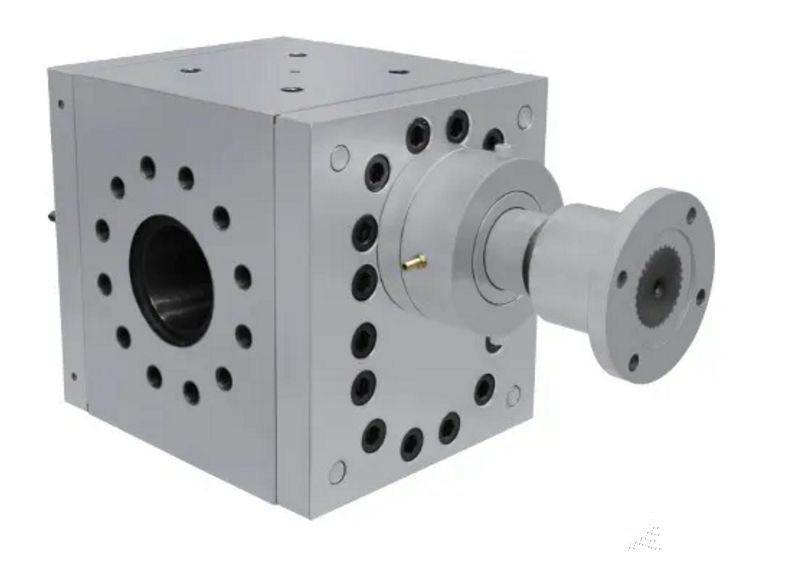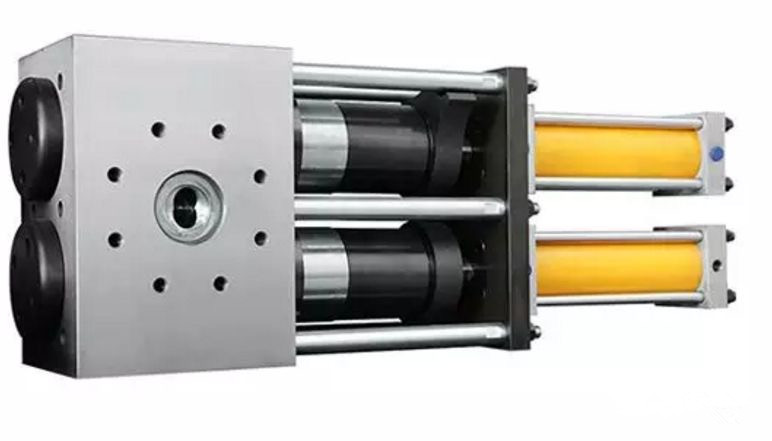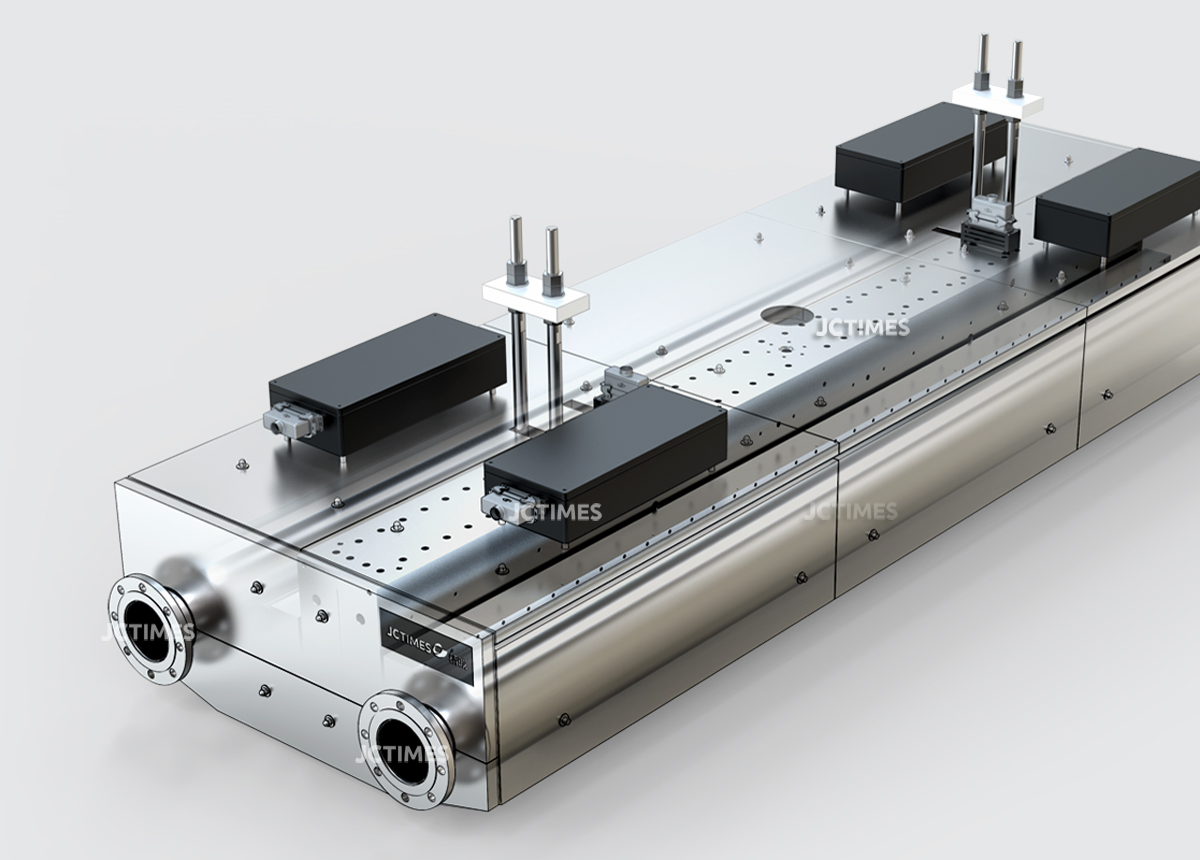Introduction: The storage tank is a container for storing oil products. It often carries some inflammable and explosive materials, which poses a great challenge to the safe use of the tank. Therefore, fire inspections must be conducted regularly to ensure the safety of use in accordance with relevant regulations. Oil storage tanks are containers for storing oil products. They often carry some inflammable and explosive materials, which poses a great challenge to the safe use of oil tanks. Therefore, fire inspections must be conducted regularly to ensure the safety of use in accordance with relevant regulations.
Introduction:
The melt blown method is one of polymer web
forming methods. Through the extrusion of the screw extruder and the extreme
stretching of high speed, high temperature or other method, the PP form very
thin fiber, then it assembled to web forming machine, finally the PP become the
melt blown fabric after cohesion.
1. Raw material: Polypropylene
chip, MFI=900 ~ 1500
2. Product weight: 10 ~200g/㎡
3. Width of product:1600mm﹑2400mm﹑3200mm.
4. Production rate: 10 ~100m/min
5. Fiber fineness: 2 ~ 5μm
6. Total power capacity:800 ~ 1200KW
Main parts:
1. Extruder
Function: the polypropylene chip is
extruded as melt
2. Melt Measuring Pump
Function: measure accurately, control the
output and fineness of the fiber, and continuously and evenly deliver the melt
to the Spinneret plate.
3.
Screen Changer
Function: filtering the impurities in the
melt, avoiding clogging of Spinneret plate
4. Die and Spinneret Plate:
This part is the core of the melt-blown
production line. The uniformity and stability of the output of die plays a decisive
role of quality of the melt-blown fabric.
5. Winding Machine:
Function: wrapping the melt-blown fabric in
rolls.
Advantage:
1. Short technical process, high
production efficiency.
2. Thin fiber, uniform web
surface, soft feel.
3. The melt-blown fabric has
salient advantage of filtering, antisepsis, and adsorption.
Application:
The melt-blown
fabric is widely applied to filtration material, padding material, medicine
material and wiping materials.
Medicine material: surgical gown﹑protective clothing﹑face masks﹑operating cap﹑operating gauze, etc.
Singlerow Meltblown Production Line, Meltblown Lines With One Die, Meltblown Fabric Production Line, Melt-blown Nonwoven Machine Yangzhou Yuyang Nonwoven Machinery Co., Ltd , https://www.yy-machinery.com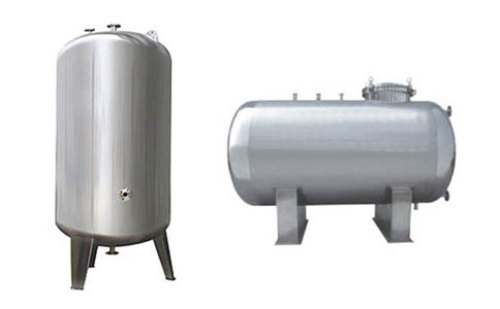
The oil storage capacity of the oil storage tank should be operated within the safety tank position, and the fire protection and explosion protection of the oil storage tank and storage tank area should be in accordance with GB50183 and GB50074. Low multiple air foam fire extinguishing systems should be in accordance with GB50151 regulations. Non-explosion-proof electrical equipment and high-voltage overhead lines should not be installed in the tank area. The storage tank area shall be provided with fireproof embankments as required, and the fireproof embankment shall be kept intact. Water storage wells should be set up in the drainage system of the storage tanks. Drains should be provided with valves outside the fire protection dyke. When the tanks are drained, special personnel should supervise and remove residual oil from the wells. The light-transmitting hole, the inspection hole cover, and the gasket of the top of the oil storage tank should be kept intact, and the hole cover should be tightly covered. The oil port should be equipped with a metal washer that does not spark. The flame arrester shall be installed on the base of the breathing valve and hydraulic safety valve on the oil storage tank. Check the flame arrester at least once every quarter. Steel tanks should be equipped with lightning protection and antistatic grounding devices, and their grounding resistance should not exceed 10Ω. The grounding point shall be set at least once every 30m along the bottom of the tank, and the single tank shall be grounded with no less than two points. Two soft copper wires with a cross-sectional area of ​​not less than 25 mm2 are used between the floating vessel of the floating roof tank and the tank wall. Every spring, a lightning protection and antistatic grounding device shall be fully inspected, and the test grounding resistance shall meet the requirements.
The safety alarm needs to be long and the oil tank is the main equipment of the oil depot. Once there is a fire hazard, it will have a major impact. Therefore, it must be observed at all times to increase vigilance. 